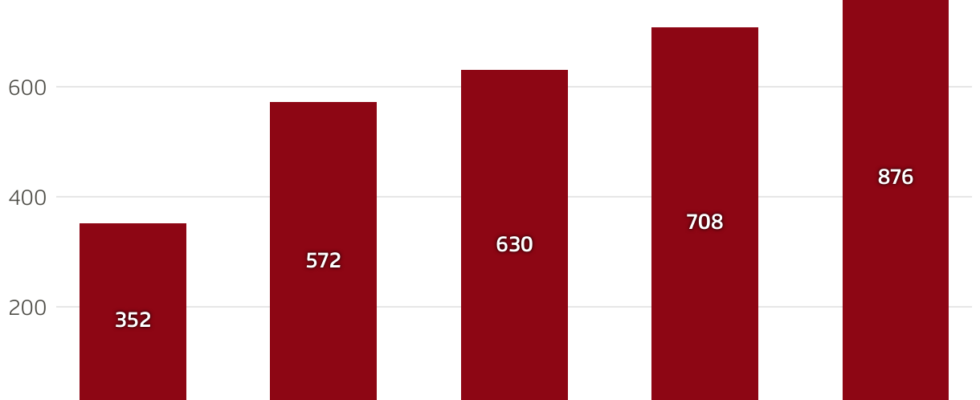Contents
Last year, more racist incidents were reported in Switzerland than ever before. For the first time, most reports are not about incidents in the workplace, but rather incidents at schools.
An eleven-year-old student is repeatedly insulted in the class chat and addressed, among other things, with the “N-word”. Black students are locked in the equipment room during gym class and are racially abused by their classmates.
These are examples listed in the latest racism report prepared by the Federal Commission against Racism in collaboration with the Human Rights Organization and the Advisory Network for Racism.
876 cases of racism across Switzerland
According to the report, 876 cases of racism were reported last year. That is 24 percent more reported cases than in the previous year. “Most incidents reported in education involve black people. They report on humiliation, treatment, insults, racist bullying or even disadvantages,” says Gina Vega, head of the advisory network for victims of racism.
In the education sector, the number of reports increases from year to year. But one cannot conclude from this that there is more racism in schools today than there used to be, says Alma Wiecken, director of the Federal Commission against Racism. The numbers did not show where most racism occurs, but rather in which areas the most incidents are reported. Vigilance is probably the reason for the increase in the education sector.
«I think a lot has happened in terms of raising awareness. Schools have now taken up the topic more. There is also progress in training and further education and that of course leads to more reports,” emphasizes Wiecken.
Greater awareness of the problem in schools
When racist incidents occur in schools, it is not only those affected who turn to counseling centers themselves, but often teachers and parents as well.
Students and teachers need to know who to turn to if they have questions or problems in this regard.
You can’t expect schools to provide all the answers to the problems themselves, says Alma Wiecken. Not every school can set up an internal counseling center. However, it is important that there is a contact person at every school. “The students and teachers need to know who they can turn to if they have questions or problems in this regard. But it also makes sense to call in an external advice center.”
This can then advise schools on how to respond appropriately to the incidents. So racism in schools is not reported more often, but it is reported more frequently. This shows that awareness of the problem has increased in schools and in society in general.
